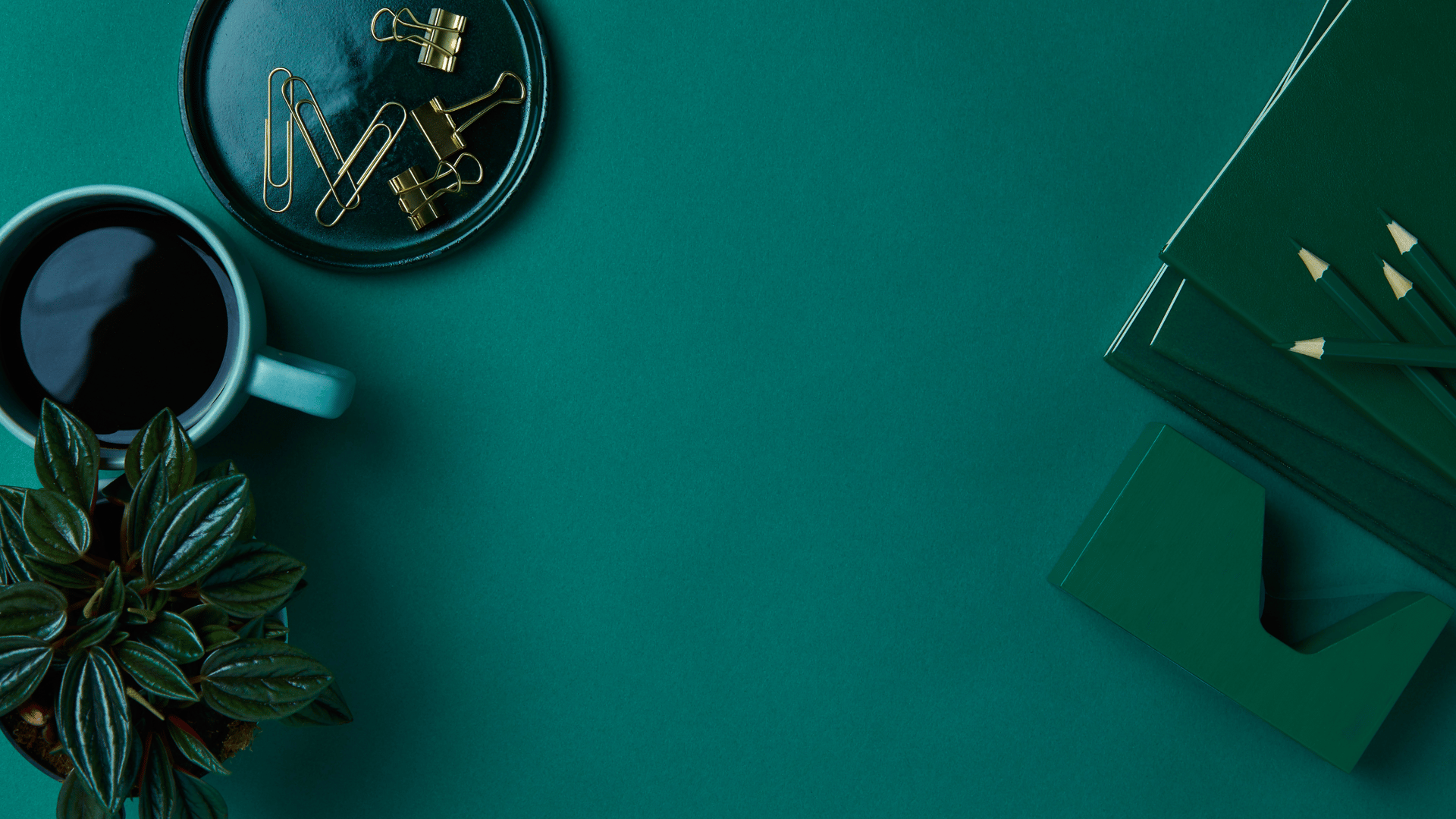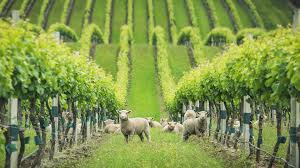
Subscribe to our newsletter
The Allure of Biodynamic Wines
Sustainable Luxury for the Discerning Collector
10/24/20243 min read


In the world of fine wine, sustainability and craftsmanship are converging like never before. Among the most compelling expressions of this trend are biodynamic wines, which have captured the attention of both connoisseurs and investors alike. More than just a trend, biodynamic winemaking is a philosophy that respects the environment while delivering exceptional quality, making it a growing segment in the luxury wine market. But what exactly makes biodynamic wines so alluring, and why should collectors and investors pay close attention?
What Are Biodynamic Wines?
Biodynamic wines go beyond organic standards, rooted in the principles established by Austrian philosopher Rudolf Steiner in the 1920s. This method of farming views the vineyard as a holistic ecosystem, where every element—from the soil to the moon’s phases—plays a role in nurturing the vines. Farmers avoid synthetic chemicals, focusing instead on natural composts and herbal preparations, and timing their agricultural activities to lunar and cosmic rhythms.
This approach not only results in healthier, more resilient vines but also enhances the expression of terroir, making each bottle a true reflection of its environment. For collectors, this authenticity offers an added layer of intrigue: biodynamic wines provide a deeper connection to the land, the people, and the heritage behind each vineyard.
The Investment Potential
Biodynamic wines have consistently delivered not just quality but also impressive investment returns. With demand for sustainable luxury growing, the scarcity of these wines, combined with their commitment to environmental principles, has made them highly sought after in the secondary market. Key biodynamic producers, such as Domaine de la Romanée-Conti, Domaine Leroy, and Château Pontet-Canet, have seen significant appreciation in value, often outperforming traditional counterparts.
For investors, biodynamic wines represent a unique opportunity. As climate concerns and consumer awareness increase, wineries that prioritise sustainability are more likely to maintain long-term appeal. Moreover, biodynamic certification can act as a mark of exclusivity, adding to the prestige and desirability of these wines.
Key Biodynamic Producers to Watch
Domaine de la Romanée-Conti (Burgundy, France) Renowned for producing some of the finest wines in the world, Domaine de la Romanée-Conti has embraced biodynamic practices, enhancing its already stellar reputation for quality and scarcity.
Château Pontet-Canet (Bordeaux, France) One of the first classified growths in Bordeaux to fully adopt biodynamic principles, Château Pontet-Canet consistently receives high scores from critics, making it a must-have for serious collectors.
Zind-Humbrecht (Alsace, France) A pioneer of biodynamic winemaking in Alsace, Zind-Humbrecht produces some of the most expressive white wines in the region, celebrated for their purity and longevity.
Nikolaihof (Wachau, Austria) One of Austria’s oldest wineries, Nikolaihof is dedicated to biodynamic methods and produces wines with exceptional balance, structure, and ageing potential.
Why Collectors Are Drawn to Biodynamic Wines
The appeal of biodynamic wines extends beyond their sustainability credentials. These wines are often marked by a distinct purity of flavour, a reflection of the meticulous care taken in both the vineyard and the winery. Collectors appreciate the artistry involved in their production, where minimal intervention results in wines that truly speak of their origin.
Moreover, the growing recognition of biodynamic wines among critics and the increasing number of vineyards adopting these practices has added to their allure. As more wineries turn to biodynamic farming, their wines are becoming emblematic of a movement that champions not only luxury but also environmental stewardship—a combination that is difficult to ignore in today’s market.
Long-Term Value for Investors
For investors, biodynamic wines offer both emotional and financial rewards. As sustainability continues to shape the luxury market, the desirability of biodynamic wines is set to increase. Collectors who invest now in top-tier biodynamic producers stand to benefit from future market growth, driven by rising demand and limited supply.
Just as important, biodynamic wines often exhibit remarkable longevity, improving with age in ways that enhance their value. The long-term appreciation potential, coupled with the ethical appeal, makes biodynamic wines an excellent addition to any diversified fine wine portfolio.
Conclusion: A New Standard in Luxury Wine
Biodynamic wines represent more than a passing trend; they are the embodiment of luxury, sustainability, and authenticity. For discerning collectors and investors, they offer the opportunity to engage with a product that honours the environment while delivering on quality and exclusivity.
As the fine wine market evolves, biodynamic wines are poised to become a cornerstone of luxury wine collections worldwide. Will you be part of this movement?
